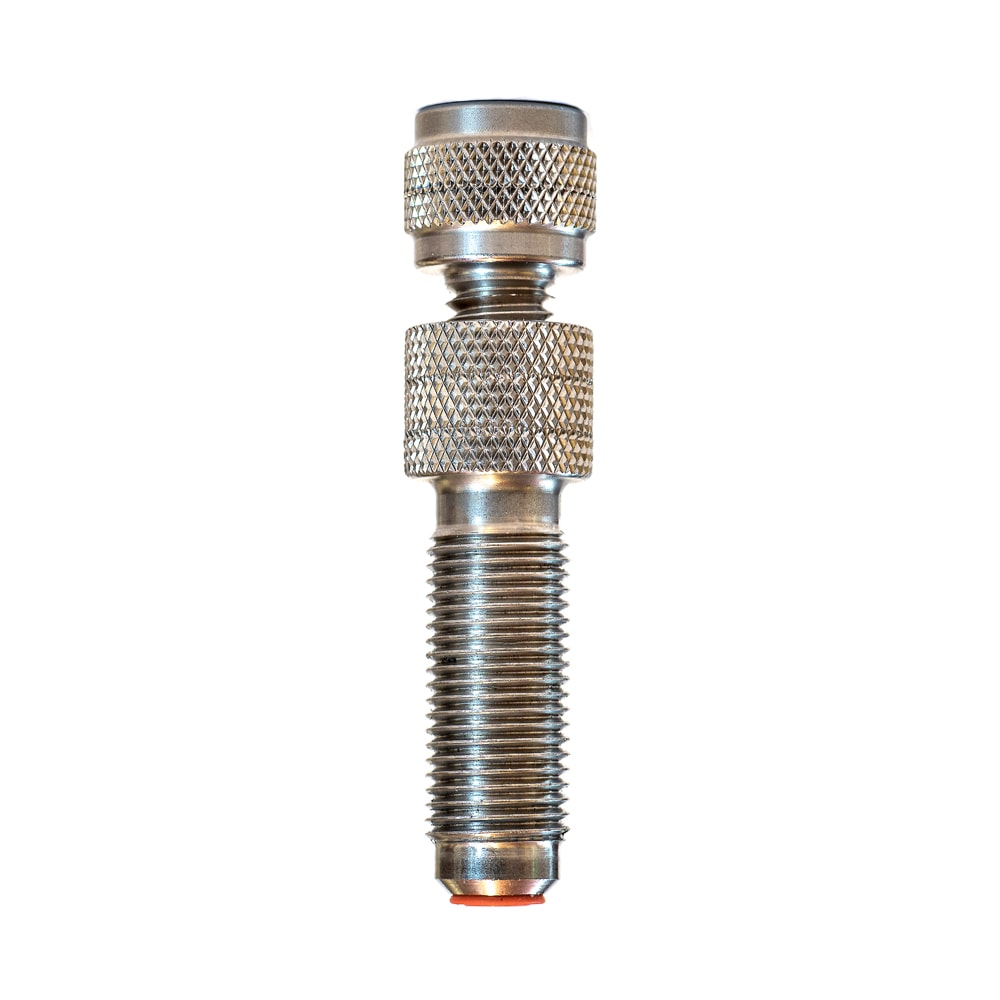Introduction
Injector knock is a common problem in diesel engines and can be a source of significant frustration and expense. If you’re experiencing this issue, it’s important to address it as soon as possible, as it can lead to further damage to your engine. In this article, we’ll provide you with a comprehensive guide on how to fix injector knock, including the causes, symptoms, and step-by-step instructions for repairing the problem.

Image: quickfx.ca
What is Injector Knock?
Injector knock is a sharp, metallic ticking or knocking sound that occurs when the fuel injector is opened or closed. It is caused by the rapid expansion and contraction of the fuel as it is injected into the cylinder, leading to vibrations that can damage the injector and other engine components. Injector knock can also reduce engine performance and fuel efficiency, making it a problem that should be addressed as soon as possible.
Symptoms of Injector Knock
- A sharp, metallic ticking or knocking sound that increases with engine speed
- Rough idle and reduced engine performance
- Increased fuel consumption and decreased fuel efficiency
- Black or gray smoke from the exhaust
- Illuminated check engine light
Causes of Injector Knock
- Clogged or dirty fuel injectors
- Worn or damaged injector tips
- Low fuel pressure
- High engine temperature
- Improper valve timing
- Excessive carbon buildup

Image: www.youtube.com
How to Fix Injector Knock
Step 1: Diagnose the Problem
The first step is to diagnose the problem and confirm that it is injector knock. This can be done by listening to the engine while it is running and checking for the symptoms mentioned above. You can also use a diagnostic scanner to read any error codes that may be stored in the engine’s computer.
Step 2: Clean or Replace Fuel Injectors
Once you have confirmed that the problem is injector knock, the next step is to clean or replace the fuel injectors. To clean the injectors, you can use a fuel injector cleaner or an ultrasonic cleaner. If the injectors are badly clogged or damaged, they may need to be replaced.
Step 3: Check Fuel Pressure
If the fuel injectors are clean and in good condition, the next step is to check the fuel pressure. Low fuel pressure can cause injector knock, so it is important to ensure that the pressure is within the specified range.
Step 4: Inspect Engine Temperature
High engine temperature can also cause injector knock. If the engine is overheating, you can try to identify and fix the cause of the overheating, such as a faulty thermostat or coolant leak.
Step 5: Check Valve Timing
Improper valve timing can also cause injector knock. To check the valve timing, you will need to remove the valve cover and inspect the timing belt or chain. If the timing is off, you will need to have it corrected by a qualified mechanic.
Step 6: Remove Carbon Buildup
Excessive carbon buildup can also cause injector knock. To remove carbon buildup, you can use a carbon cleaner or have your engine professionally cleaned by a mechanic.
Tips for Preventing Injector Knock
- Use high-quality fuel with the correct cetane rating
- Change your fuel filter regularly
- Keep your engine properly maintained
- Avoid running the engine with excessive loads or at high temperatures
- Use a fuel injector cleaner occasionally to prevent clogs
How To Fix Injector Knock
Conclusion
Injector knock is a common problem in diesel engines that can lead to further damage if left untreated. By understanding the causes and symptoms of injector knock, and by following the step-by-step instructions outlined in this guide, you can fix the problem and restore your engine to proper operation. If you encounter any difficulties while repairing the injector knock, don’t hesitate to consult with a qualified mechanic for professional assistance.